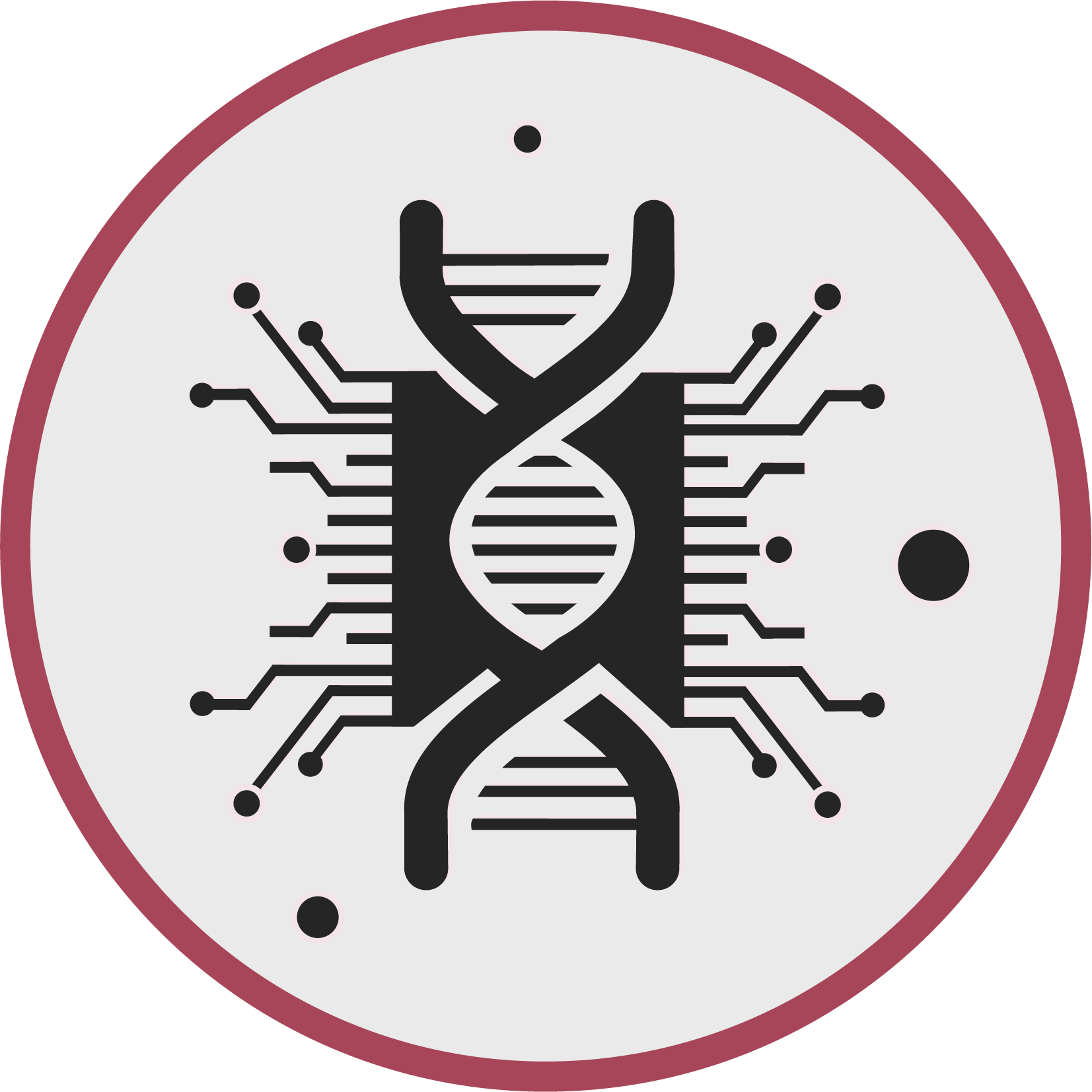Computational and statistical methods
The size of microbial genomics and metagenomic datasets is rapidly increasing. We develop highly scalable statistical and machine learning algorithms to analyse these datasets efficiently. Key areas of interest include:
- Linking genotype to phenotype
- Pangenomics
- Gene prediction, protein annotation and clustering
- Transmission inference
- Phylodynamics and population structure
- Approximate Bayesian Computation and Likelihood Free Inference techniques
Microbial evolution and host-microbe interactions
The human microbiome consists of microorganisms, including pathogens and beneficial organisms, that mutate billions of times daily within each person. Our research investigates how these mutations influence human health, including effects on the immune system, nutrient and drug metabolism, infection prevention, and transmission between people and the environment. Key areas of interest include:
- Within-host evolution in immunocompromised patients
- Interactions between medications and the microbiome
- Antibiotic resistance
- Bacterial population genetics
